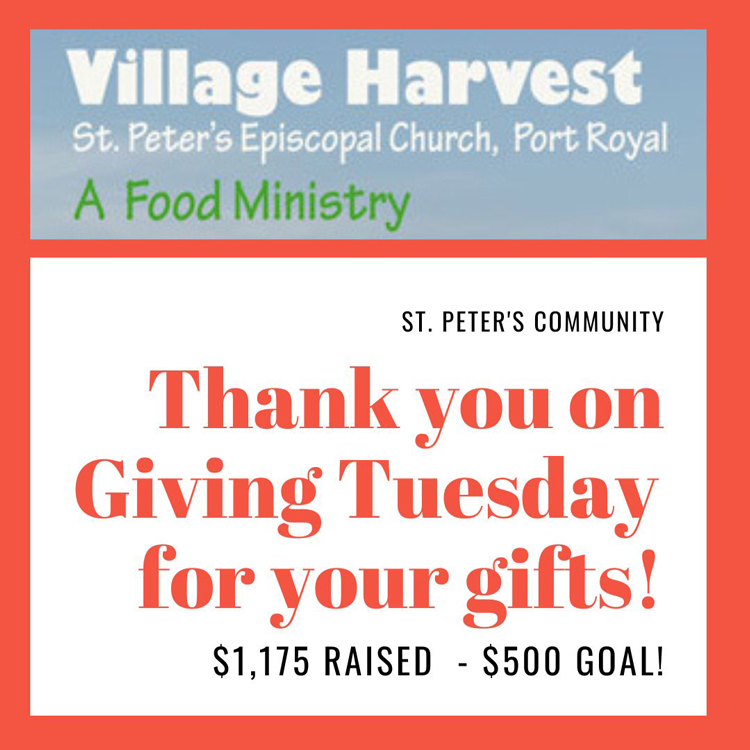From Songs in Waiting

The Song of Mary – The Magnificat
Luke 1:46-55
“My soul proclaims the greatness of the Lord,
“my spirit rejoices in God my Savior; *
for he has looked with favor on his lowly servant.
“From this day all generations will call me blessed: *
the Almighty has done great things for me, and holy is his Name.
“He has mercy on those who fear him *
in every generation.
“He has shown the strength of his arm, *
he has scattered the proud in their conceit.
“He has cast down the mighty from their thrones, *
and has lifted up the lowly.
“He has filled the hungry with good things, *
and the rich he has sent away empty.
“He has come to the help of his servant Israel, *
for he has remembered his promise of mercy,
“The promise he made to our fathers, *
to Abraham and his children for ever.”
It is a song that speaks profoundly about being “childlike.” Luke focuses his entire Christmas narrative around the person of Mary, who was probably just a child, a young girl who was perhaps twelve to fourteen years old, as it was customary for Jewish girls to marry just after puberty.
In this light, the Christmas story is of a child having The Child.
When people begin to bring their children to Jesus for his blessing, the disciples send them away, seeing the children as a waste of his precious time. But Jesus rebukes them, saying, “Let the little children come to me, and do not hinder them, for the kingdom of heaven belongs to such as these” (Matthew 19:14), He is saying that the deepest spiritual knowledge, while hidden from the wise and learned, is revealed to children. He even goes so far as to say that in order to enter the kingdom of heaven, we must become like children: “Unless you change and become like little children, you will never enter the kingdom of heaven” (Matthew 18:3). Jesus often refers to us all as “children of God”
The name Magnificat comes from the first word in the Latin Vulgate translation of this song, “magnify” or “glorify.” Most probably a compilation of phrases from the Psalms, various Old Testament prophetic books, and Hannah’s Song in 1 Samuel, the Magnificat has been part of Christian liturgy at least since the time of Saint Benedict in the fifth and sixth centuries.
The Magnificat has been recited every day for centuries by Christians, chanted by monks, and set to music by composers of every age, perhaps the most famous being Johann Sebastian Bach’s composition, which he wrote for Christmas Day 1725







 Explore Advent, Part 3 – Over the Sundays in Advent there will be a presentation each week focusing on that week’s scriptures, art and commentary and how they demonstrate the themes of advent.
Explore Advent, Part 3 – Over the Sundays in Advent there will be a presentation each week focusing on that week’s scriptures, art and commentary and how they demonstrate the themes of advent. 
